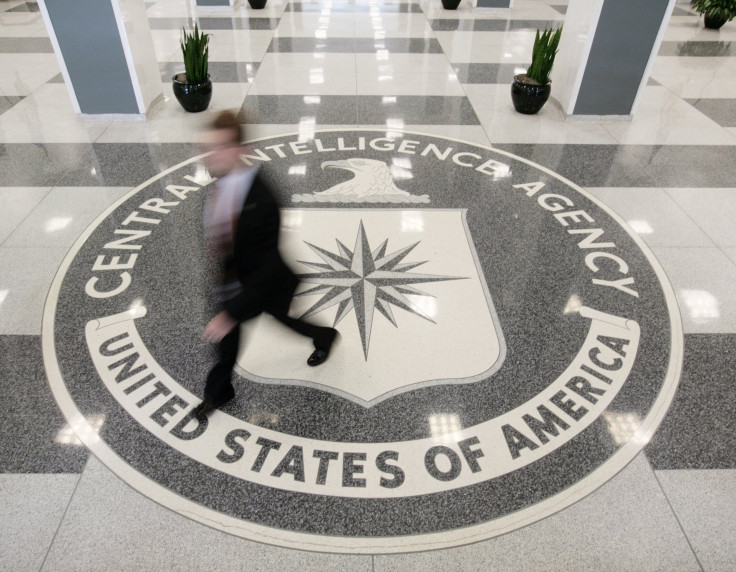CIA Misled US Justice Department And Congress About Interrogation Of Its Detainees And Quality Of The Intelligence Gleaned: Senate Report

The CIA misled the U.S. Department of Justice and Congress on the interrogation techniques it used on detainees for questioning them about terrorist plots, a report by the Senate Intelligence Committee reportedly said Monday.
The classified report found that the agency’s “enhanced interrogation” program did not reveal the exact severity that was being applied by the agency after the 9/11 terrorist attacks, and called untrue the CIA's claims that the unique information the agency obtained about future terrorist plots could not have been attained by any other method. The 6,300-page classified report, built around the accounts of several CIA detainees on whom the agency sought permission to use its interrogation techniques, stated that the CIA's methods did not reveal any significant findings, and disclosed the locations of secret detention facilities called “black sites,” which were dismantled by President Barack Obama in 2009.
“The CIA described [its program] repeatedly both to the Department of Justice and eventually to Congress as getting unique, otherwise unobtainable intelligence that helped disrupt terrorist plots and save thousands of lives,” The Washington Post reported, citing a U.S. official who was briefed on the report. “Was that actually true? The answer is no.”
According to the Post, in one such instance mentioned in the report, some CIA employees left the agency’s secret prison in Thailand after becoming perturbed by the harsh interrogation techniques being followed at the site. The Senate report also reportedly revealed cases where CIA officials at its headquarters in Langley, Va., had demanded to continue harsh interrogation methods on detainees even after its analysts were convinced that the prisoners did not have any more information to share.
"We've not been provided with a final copy of the [report], and until we're given the opportunity to review it, we are unable to comment on details it may contain," CIA spokesman Dean Boyd said, according to the Wall Street Journal, adding that the agency would examine the declassification submissions "expeditiously."
The report found discrepancies in statements given by senior agency officials in Washington regarding the investigations and found they did not corroborate those provided by the CIA's lower-level employees who were directly related to the cases, The Post reported, citing officials who have read the document.
The agency reportedly also exaggerated the credentials of detainees like Abu Zubaida, who the CIA had claimed to be a senior al-Qaida operative but experts later determined to be a facilitator who guided recruits into al-Qaida training camps.
CIA interrogators “would pour buckets of very cold water over his nose and mouth to the point that he felt he would suffocate. Icy cold water was also poured over his body. He said it happened over and over again,” the Post reported, citing the case of one of the prisoners in the report, which was completed in December 2012.
The Senate committee is slated to vote Thursday on whether to declassify the Senate report. The committee is also expected to approve, in a closed-door session, making at least an executive summary, findings and conclusions of the report, available to the public.
© Copyright IBTimes 2025. All rights reserved.






















